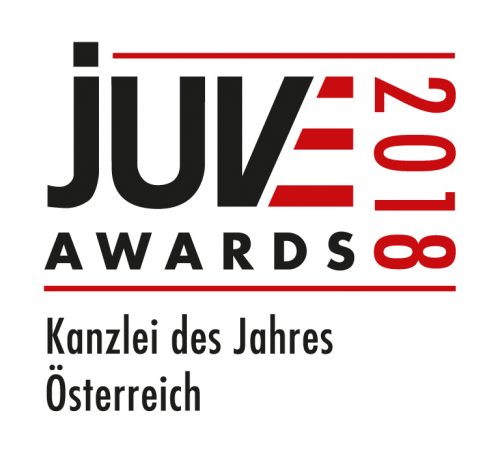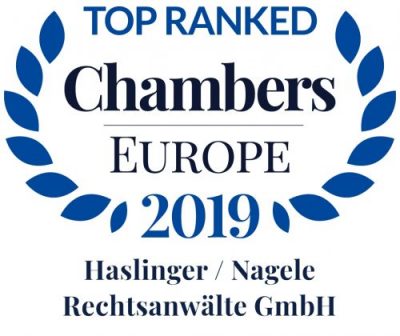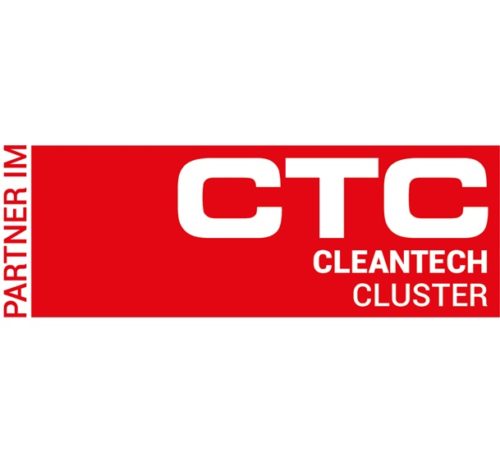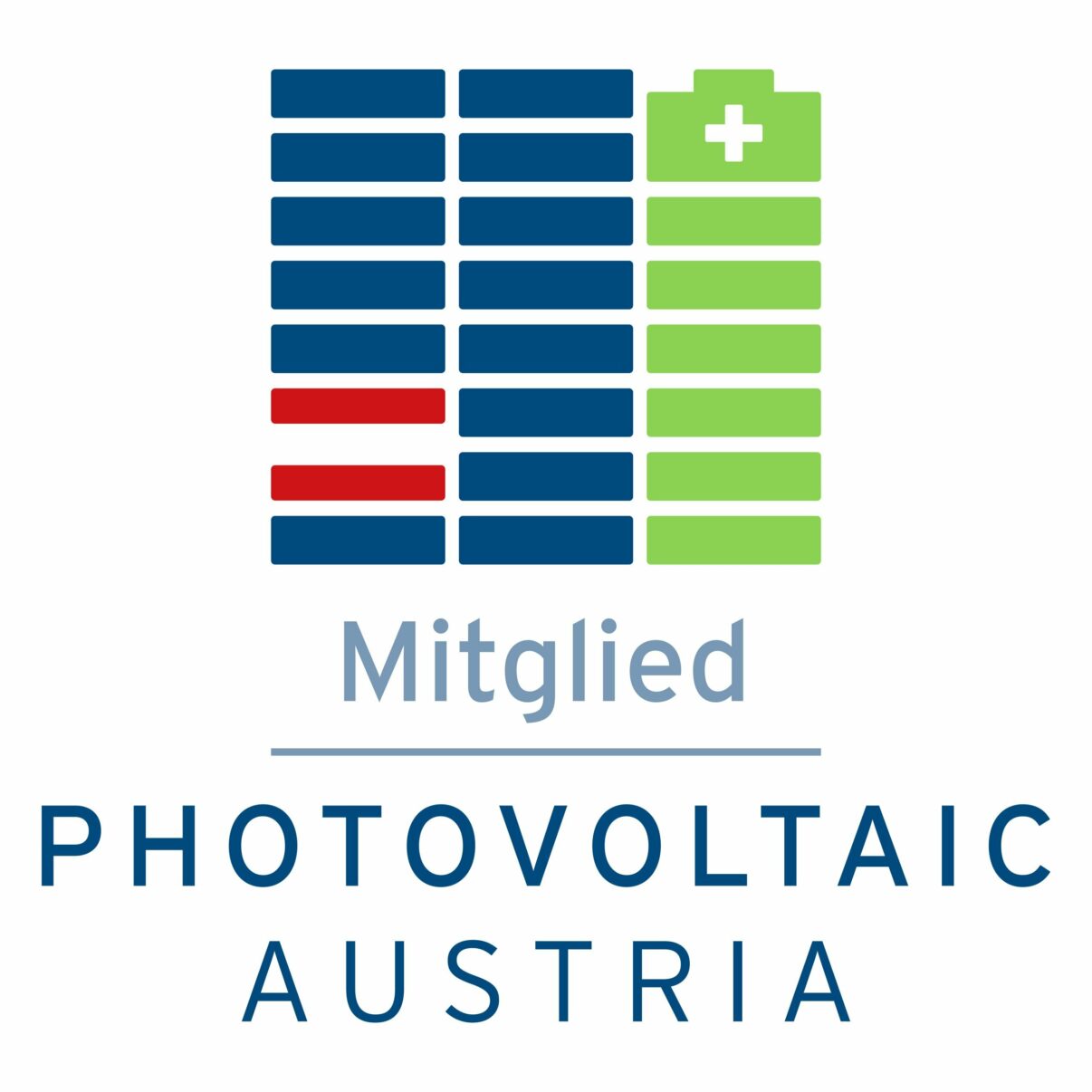Whistleblowing reporting systems
We help with implementation and processing!
In 2014, the foundation privilege was introduced to keep the legal form of a GmbH (company with limited liability) also attractive for company founders with limited financial resources. According to this provision, it is legally possible to establish a GmbH with a “privileged” amount of share capital contributions of not less than € 10,000, of which only € 5,000 must be paid up immediately in cash. However, the foundation privilege ends 10 years at the latest after the GmbH’s registration in the commercial register. During this time, a capital increase is possible according to current judicature. An overview:
One peculiarity of the privileged limited liability company is that the capital contributions of the individual shareholders are divided into a privileged and a non-privileged part. The main advantage of the so-called “GmbH Light” is not the lower funding requirement but the reduced shareholder liability since shareholders are only personally liable for the unpaid amount of the privileged contribution. In contrast, if the contribution is fully paid up, shareholders cannot be held personally liable at all.
If a company wants to make use of the foundation privilege under Section 10 GmbHG (Limited Liability Companies Act), the articles of association must not only stipulate the usage of the foundation privilege but also the amount of privileged share capital contributions of each shareholder at the time of foundation. After the company has been entered into the commercial register, the shareholders are no longer entitled to a foundation privilege. If the founding privilege applies, the share capital can also be set higher than the minimum share capital under Section 6 GmbHG.
Yes, according to a current decision by the Supreme Court of Justice (March 25th, 2020, 6 Ob 54 / 20i) this is possible. This means in detail that a differentiation must be made as to whether the capital increase takes place because of new shareholders joining in or whether the capital increase takes place without the addition of new shareholders:
Case group 1: Capital increase with the addition of new shareholders:
Those shareholders who have made use of the founding privilege are allowed to take a (financially powerful) new shareholder in the course of a capital increase, even while the founding privilege applies.
The capital contribution of the new shareholder as well as the payments made on it must be entered into the commercial register. This new shareholder cannot make use of the foundation privilege.
Case group 2: Capital increase without the addition of new shareholders:
Shareholders who want to allocate additional equity to the company have the option of using these funds, if necessary, to meet the minimum payment requirements according to Section 10 (1) GmbHG and thereby end the foundation privilege under Section 10b (5) GmbHG. The need to carry out a capital increase during the establishment privilege will therefore be less pronounced in principle.
However, it is also conceivable that not all shareholders with privileged founding rights are able to or want to participate to a capital increase. At this point the problem arises that in the course of the capital increase the foundation privilege cannot be brought to an end since this would require all shareholders to meet the minimum payment requirements according to Section 10b (5) GmbHG. One solution would be, for example, that the amount of an existing shareholder’s foundation-privileged capital contribution must also be increased to the extent of the newly acquired capital contribution. The Supreme Court of Justice has not commented on this last group of cases yet, so that there is no legal certainty in this regard.
Our expert Daniela Huemer will be happy to answer any further questions you may have on this topic by phone or at akut@hnp.at .
This article provides only general information and does not replace legal advice. Haslinger / Nagele Rechtsanwälte GmbH assumes no liability for the content and correctness of this contribution.
8. October 2020






